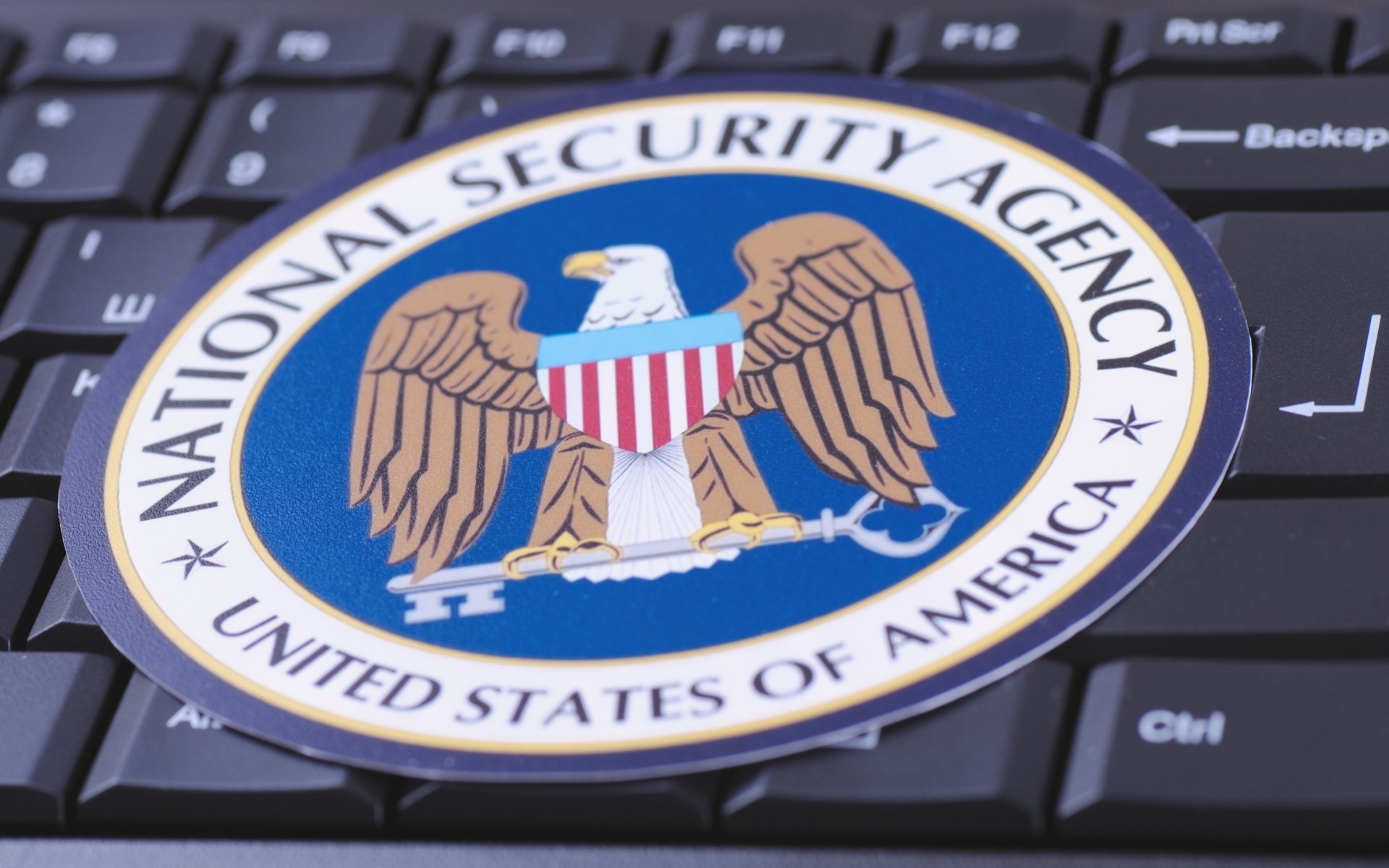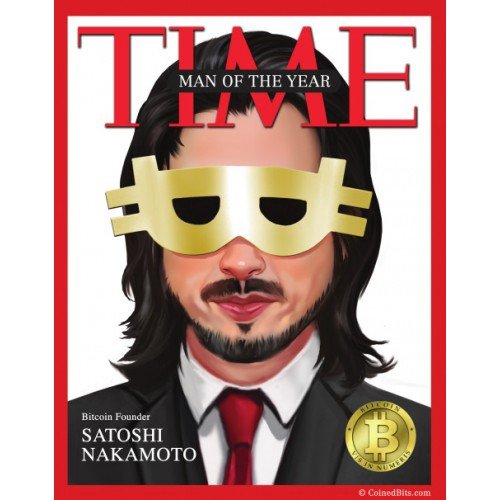2018-8-18 22:40 |
Former CIA analyst Yaya Fenusie has published a new article on Forbes arguing that although authoritarian governments are working to build cryptocurrency-based financial systems, cryptocurrencies themselves should not be feared or discouraged from a national security point of view.
Cryptocurrencies are Relevant to National SecurityThe article was prompted by recent news stories regarding Iran’s plans to make a state-backed cryptocurrency. It is suspected that the Iranian government has been researching blockchain technology since 2007. In July of this year, news broke that Iran’s official department for science formed a joint venture with the country’s central bank to work on developing a national cryptocurrency. The plan was intended to create a financial loophole for imposed US sanctions. Russia, one of Iran’s major allies, is reportedly pushing Iran to continue with the operation. Interestingly, Russia also attempted to help Venezuelan dictator Nicolas Maduro develop a national cryptocurrency following Venezuela’s economic collapse, but the project was quickly abandoned.
While details surrounding Iran’s national cryptocurrency project have yet to be revealed, the token is expected to be used by domestic banks for daily financial transactions. The authoritarian regime has stated that it intends to officially launch its token within three months; however, given the complexity of the project, Fenusie suspects that Iran has been secretly developing its cryptocurrency platform for well over a year.
“There should not be any doubt about the relevance of the crypto space to U.S. foreign policy and national security,” writes Fenusie. “Russia, Venezuela and now Iran are making it clear that they intend to resist U.S. sanctions by adopting blockchain technology-based mechanisms. These authoritarian regimes are looking to build an alternative financial system where there will be no repercussions for funding corruption, oppression and other malfeasance. U.S. sanctions are not perfect, nor exhaustive, instruments of foreign policy, but they are important for enforcing global standards of accountability to check nuclear proliferation, human rights abuses and terrorism.”
Suggested Reading: Learn more about potential applications of blockchain technology in our ‘What is Blockchain?‘ guide.
But Cryptocurrencies are Not a ThreatDespite the actions of authoritarain regimes, Fenusie argues that blockchain and cryptocurrency should not be perceived as direct threats to national security. As with many new technologies, criminals and corrupt governments often attempt to explore the potential for using said technology to commit nefarious acts. Fenusie doesn’t believe that Iran’s cryptocurrency will do much to bolster its national economy, as the new cryptocurrency is reported to be linked to Iran’s weak paper currency, the Iranian Rial. This will likely cool off investor interest, and even Iranian citizens are likely to find workarounds to invest in more worthwhile cryptocurrencies.
Nevertheless, in the event of future authoritarian threats involving cryptocurrencies, Funusie recommends the following policies:
The US treasury department should reinforce the message that any US persons or institutions banking within the US financial system providing anything of financial value to the Iranian regime are in violation of US sanctions, regardless of whether the value is in fiat or cryptocurrencies. “The U.S. and other governments concerned about nations exploiting blockchain technology to entrench authoritarianism should acknowledge that, similar to the space race of decades ago, there is now a ‘crypto race’ emerging. The Group of Seven (G7) countries should be watching coordination among the rogue actors in this race and strategize ways to foster crypto/blockchain innovation that truly enhances economic and political freedom.” “The broader crypto space should not treat rogue regime crypto with ambivalence. Instead, blockchain tech influencers should ‘call out’ crypto schemes that fund oppressive regimes. Just as responsible cryptocurrency enthusiasts know that ICO scams hurt crypto’s image, they should understand the risk of authoritarian crypto to tarnish the technology’s reputation.”Fenusie asserts that although the attempts by Russia, Venezuela or Iran to develop a globally accepted cryptocurrency are likely to fail, the protection against such an attempt comes from encouraging developers in free nations to produce better crypto products that defend key values like liberty.
Totalitarian regimes will always make attempts to exploit new technologies to support their corrupt systems, but this by no means implies that cryptocurrency itself is something that should be looked upon with scorn by the free world. In fact, it is only through encouraging development and productive use cases for technologies like cryptocurrencies that those who love liberty are able to protect themselves from corrupting forces.
The post Former CIA Analyst Says Cryptocurrencies are Not a Threat to National Security appeared first on UNHASHED.
origin »Time New Bank (TNB) íà Currencies.ru
|
|
















